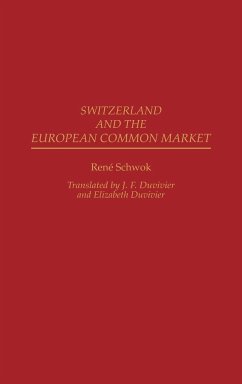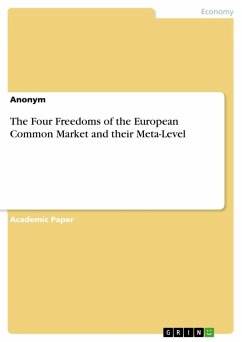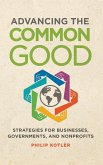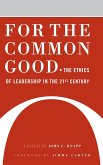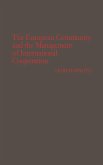The first study in English on the subject, this volume explores the challenges facing Switzerland as the European Community (EC) moves toward the 1992 goal of a Europe without economic borders. The primary question addressed by the author is whether or not Switzerland can ultimately avoid becoming a full-fledged member of the EC. Rene Schwok fully explores the alternatives open to Switzerland, including marginalization and a Third Way between membership and marginalization, comparing the benefits and risks presented by each option. He examines the political and economic implications of full membership within the EC and analyzes Community rules and laws that are particularly relevant to Switzerland. Throughout, Schwok is careful to present a multifaceted approach which reflects both the economic and political issues confronted by Switzerland as the country struggles to reach a policy consensus regarding the EC. Schwok begins by exposing the source of Switzerland's current problem--the acceleration of the community integration process. He then analyzes the EC's attitude toward Switzerland and evaluates the role played by the European Free Trade Association, paying special attention to efforts to establish a European Economic Space. By comparing the situation of Austria--which has exhibited much more interest in becoming a member of the EC--with that of Switzerland, Schwok sheds new light on Switzerland's reluctance to join. In discussing the effects of the European Internal Market on Switzerland, Schwok reveals the risks of marginalization should Switzerland decide not to join. He goes on to examine the Swiss government's proposed third option, analyzing both its prospects for success and its implications for the Swiss population. Finally, Schwok treats the long-term consequences of this option, asking whether it will allow sufficient proximity to the Internal Market to enable Switzerland to avoid membership or, on the contrary, serve only to pave the way for eventual membership in the EC. Students of international relations and European economics will find Schwok's work a well-reasoned and comprehensive study of Switzerland's choices as Europe approaches 1992.
Hinweis: Dieser Artikel kann nur an eine deutsche Lieferadresse ausgeliefert werden.
Hinweis: Dieser Artikel kann nur an eine deutsche Lieferadresse ausgeliefert werden.

